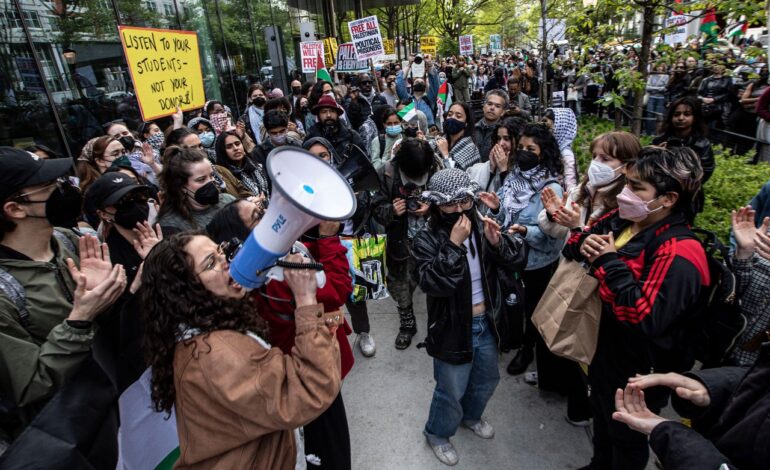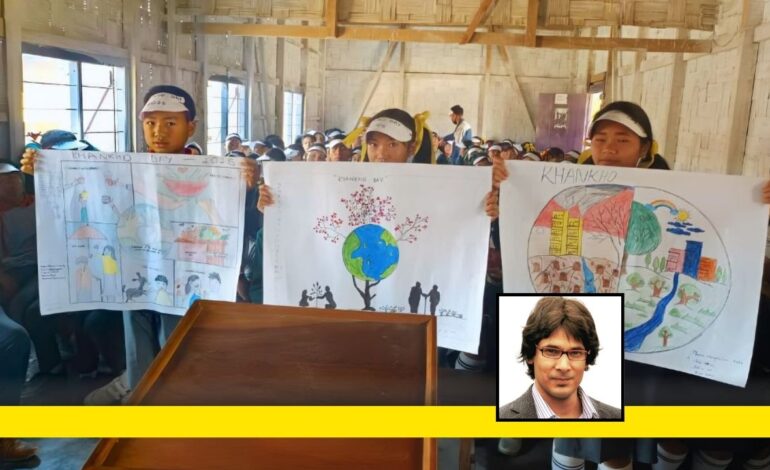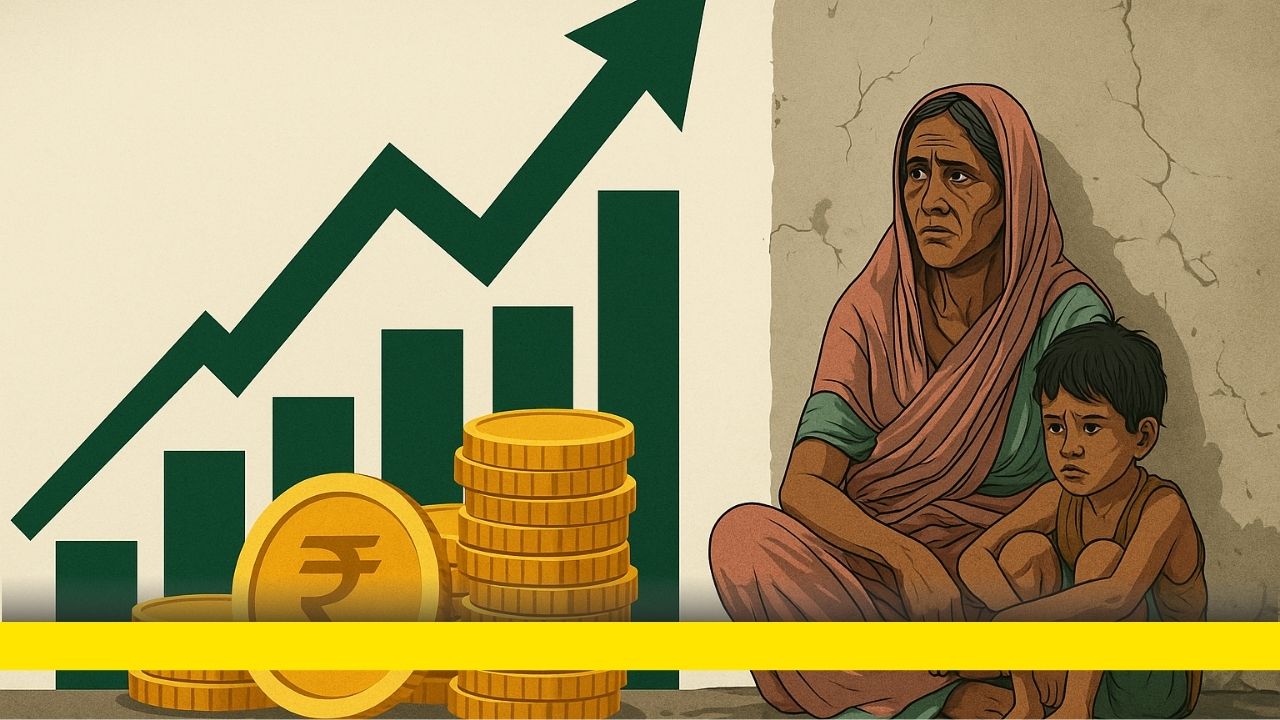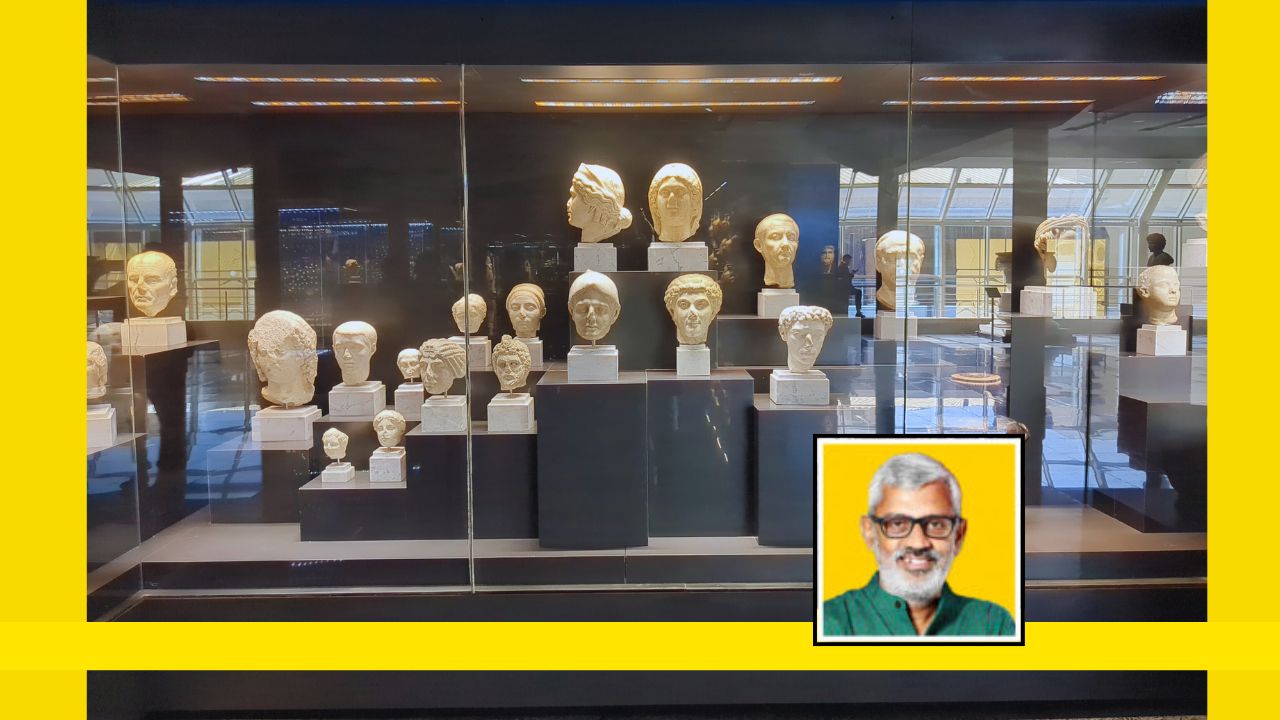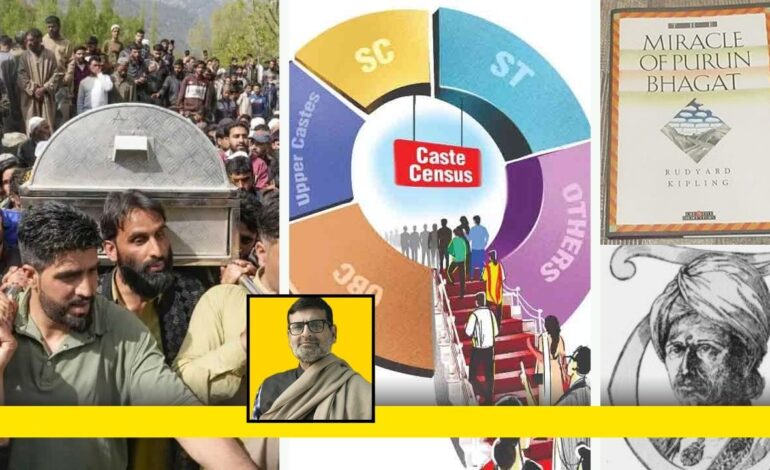
Once, a man gave up power and walked into the mountains. Today, another wraps power in a monk’s shawl and calls it sacrifice. Sounds poetic—until you see the bulldozers, the headlines, the rallies. This isn’t sainthood. It’s stagecraft. Modi says he’s a fakir ready to walk away, but he’s walking straight into your vote bank, with the RSS chanting in harmony. Behind the mask of renunciation lies a ruthless caste calculus. The question isn’t just who he is. The question is—what are we willing to believe? And at what cost?
Nalin Verma’s column in ‘Everything Under The Sun continues’. This is the 11th article in the column.
In the shadow of the Himalayas, where the air is thin and the mountains kiss the sky, Rudyard Kipling imagined a man named Purun Das Bhagat – a Prime Minister of a semi-independent state in North Western India. His life was a blend of ambition and spiritual search.
Purun built roads through rugged hills, opened schools for girls, and set up dispensaries for the neglected. His efforts pleased the British rulers, who awarded him the Grand Cross of the Star of India, its diamonds flashing as cannons fired in his honour.
Yet, at the height of his fame, Sir Purun Das Bhagat, K.C.I.E., gave it all up. With only a beggar’s bowl, he walked the dusty plains and icy mountains—not for praise, but for peace. In the end, he died saving a village from a flood, and the grateful people built a temple in his memory.
Kipling wrote the story The Miracle of Purun Bhagat in 1894. Over a century later, another man stands at the top in India: Narendra Modi, Prime Minister after three election wins– a leader who projects an air of heroism.
Like Purun, Modi often speaks of humble beginnings—as a boy selling tea at a railway station in Gujarat, as someone who cares deeply for the poor. He says, “Main to fakir hoon, jhola uthaunga aur chal doonga”—I am a fakir, ready to lift my bag and leave. The words echo the detachment of a monk, a modern-day sanyasi.
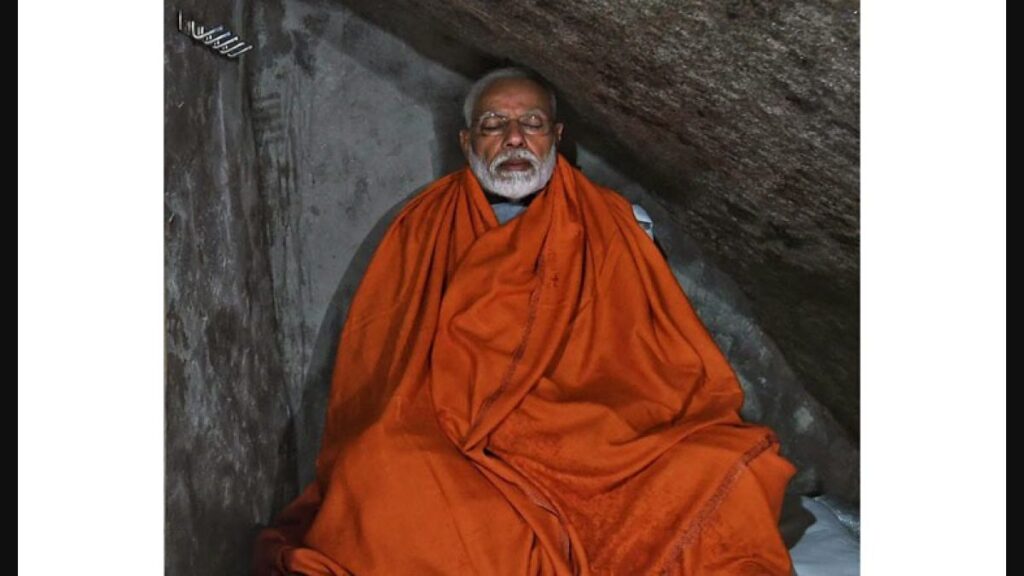
But unlike Purun, Modi doesn’t walk away quietly. His words boom through rallies and are echoed by what’s called as “andhbhakts (blind devotees)” in popular parlance and his crony corporate run media machinery that he has complete sway over.
Here, the comparison begins to fall apart. Purun gave up power, seeking inner peace. Modi, on the other hand, wraps his hunger for power in the language of sacrifice. When terrorists attacked Pahalgam and 26 lives were lost, Modi didn’t offer silent mourning or decisive action. Instead, he turned it into a loud political rally in Bihar, aiming to fuel the election campaign. Later, instead of focusing on the crisis, he suddenly shifted attention to caste census—a demand long made by Socialists and embraced by the Congress under Rahul Gandhi.
This is a tale of two men—one fictional, one real—both claiming to serve, yet divided by their actions. Purun sought the eternal and is remembered for his selfless act. Modi seeks headlines, building his legacy through demagoguery, sound bites, and spectacles. As India finds itself at a critical juncture, we must ask: can a leader who calls himself a fakir truly follow the path of a renunciate, or is he on the path of smashing the centuries old shared legacy that binds and sustains India that is Bharat?
Modi’s Strategic Shift: Turning Crisis into Campaign
Veteran Socialist leader and Rashtriya Janata Dal vice president, Shivanand Tiwari, explained how Narendra Modi suddenly announced a caste census—a demand rooted in the Socialist movement since the 1960s and now a key part of Congress’s agenda, led by Rahul Gandhi in alliance with regional parties like RJD in Bihar and Samajwadi Party in Uttar Pradesh.
“The fear stricken Modi did it to distract people from what he should have done in the current situation,” Tiwari told this writer. “He’s trying to shift the focus of the nation from his failure to act against Pakistan or the terrorists.”
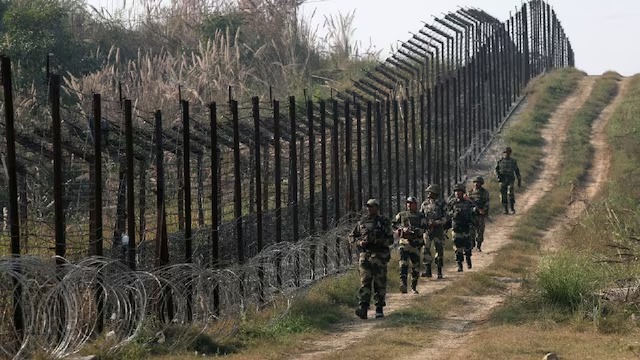
Tiwari pointed out that Modi tried to project strength by claiming he had scrapped the Indus Water Treaty with Pakistan. But anyone with even basic knowledge of international relations knows that’s false—the treaty, brokered by the World Bank, cannot be unilaterally abrogated. Moreover, it is technically impossible to stop the Indus water flow to Pakistan.
Modi also claimed to have given the Army a “free hand,” which Tiwari called childish. The Armed Forces have always had operational freedom in dealing with militants, but as per India’s Constitution, only the civilian authority can declare war. The Prime Minister must formally read out the announcement of the war to the generals; the military cannot act on vague permissions.
Tiwari also pointed out that Modi never speaks against China, which continues to violate Indian borders. The United States too opposes India engaging in war with Pakistan. Meanwhile, Modi’s flawed foreign policies have pushed neighbours like Bangladesh and Nepal closer to China.
“Now, he’s turned to the caste census just to escape accountability and change the subject,” Tiwari said.
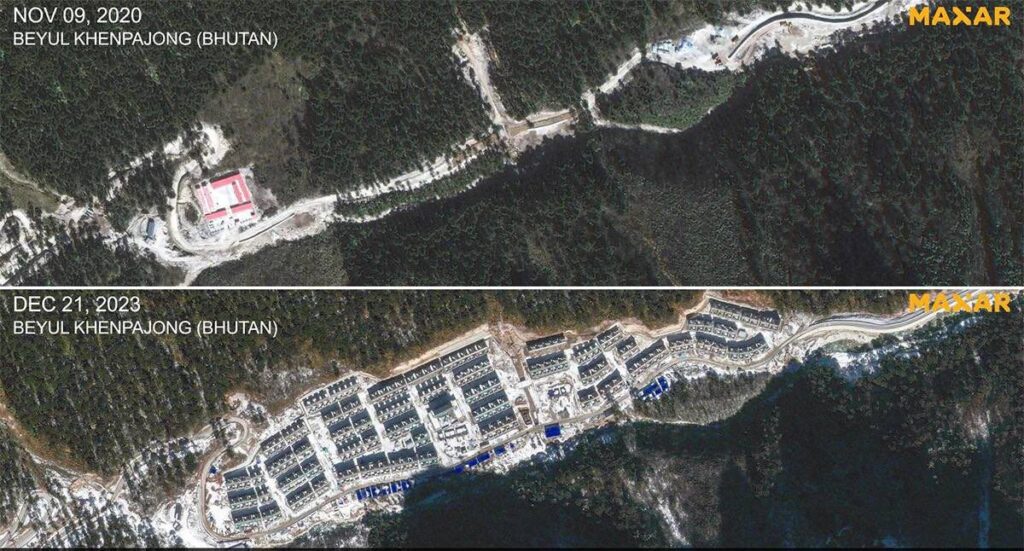
Tiwari makes a convincing argument. But what remains puzzling is how Modi manages to repeatedly shift narratives and still comes out unscathed. This may be due to the organizational strength of the Sangh Parivar, the government’s tight control over institutions like the media which covers up his lies instead of asking questions, the Election Commission, the President, Vice-President, governors, and bureaucracy. Added to that is a vast army of his “devotees” who echo his messaging at will, often in brazen disregard of facts.
Old Dogma, New Strategy: How the RSS Fell in Line
The Rashtriya Swayamsevak Sangh (RSS) has always opposed the politics of “social justice.” Since its inception, it has used religious and emotional issues to counter demands for equality and social justice. RSS chief Mohan Bhagwat has repeatedly said that the reservation policy for marginalized communities should be reconsidered.
But just before the Cabinet Committee on Political Affairs (CCPA) met to discuss the caste census, Prime Minister Modi held an hour-long meeting with Bhagwat to explain why the caste census had become politically necessary. Reportedly, Bhagwat gave the green signal. Soon after, the CCPA announced the decision to conduct the caste census.
And suddenly, the narrative changed. BJP’s top leaders—including Union Home Minister Amit Shah, Uttar Pradesh Chief Minister Yogi Adityanath, and others who had earlier opposed the idea—flooded social media with posts claiming that Modi had always been committed to “social justice.” At the same time, they accused the Congress and other opposition parties of “playing politics” over the issue.
This turnaround is striking. Just in 2023, Modi had condemned the caste survey conducted by Nitish Kumar, Tejashwi Yadav, and the Congress as a “mahapaap” (grave sin) meant to divide Hindu society. Amit Shah had loudly attacked RJD and SP for spreading “jativad ka jahar” (poison of casteism). Adityanath got infamy for his slogan: “bantengein to katengein” (if you divide on caste lines, you will perish).
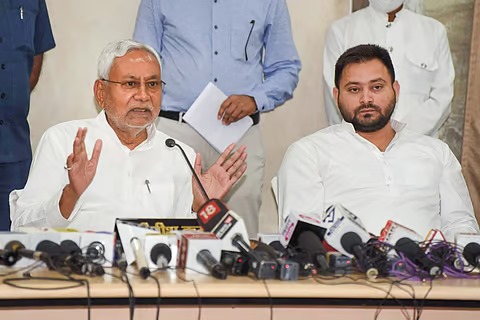
After the Pahalgam terror attack, Sangh-affiliated voices gave the tragedy a communal spin, blaming Muslims and accusing the opposition of appeasement. Modi cut short his official Saudi Arabia visit, avoided Pakistani airspace on his return, and landed in India to “address the crisis.” But instead of visiting the attack site, he went straight to Madhubani in Bihar to deliver an election rally. There, he declared, “atankwadiyon ke bache-khuche zameen ko mitti mein milane ka samay aa gaya hai” (it’s time to raze the last grounds of the terrorists to dust).
But within days, the BJP sensed that war-mongering might not work in the election bound Bihar. Suddenly, the focus shifted to caste census.
It’s unclear if this gamble will pay off for Modi and the BJP. But what’s evident is that even after conceding the demand for caste census, the Sangh Parivar is unlikely to ease its pressure on minorities. Bulldozers, guns, and crackdowns may continue as long as Modi holds power.
Power of Shared Legacy
A 30 year old pony ride operator Syed Adil Shah was killed while trying to protect the tourists during the April 22 Pahalgam terror attack. The shared spirit of love and co-existence was on full display with Adil Shah’s family members and the Kashmiri people at large stood united in grief and outrage while mourning the death of Adil.
Here, it was Adil—a poor man—who represented the heroism that Kipling’s all-powerful Prime Minister turned sanyasi Purun had displayed by sacrificing his life to save a village against flood. Modi might be a ‘hero’ for his blind supporters. But Adil will live in the heart of millions of Indians struggling for survival in the face of the atrocious spell, ever.
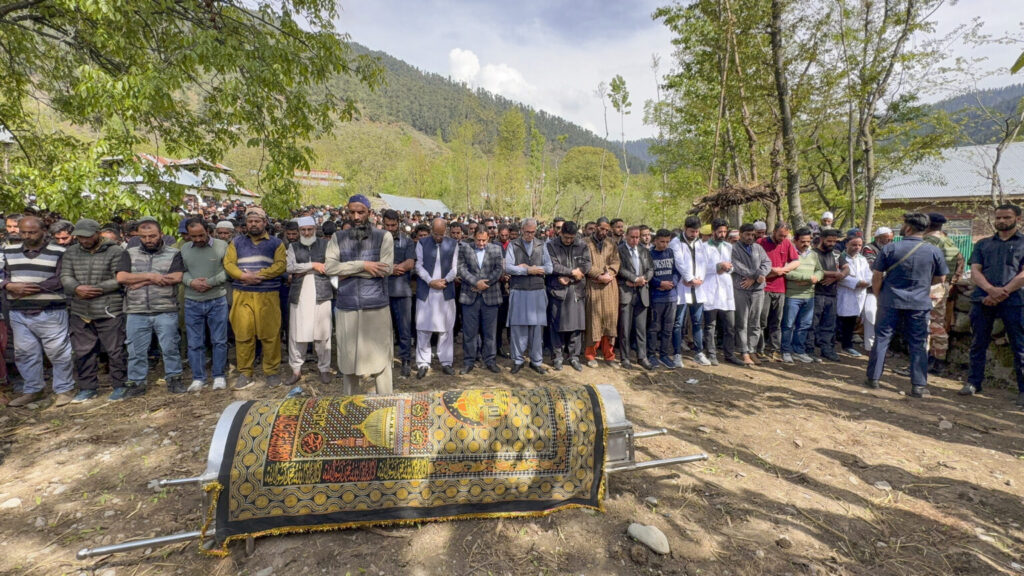
No amount of bombs and explosives can erase the legacy shared by the people of India. Former Prime Minister, Chandra Shekhar once said, ‘Islam entered the Kashmir valley through love songs of the Sufi saints. Come what may, the hate-spewing Hindutva forces cannot stop the people from singing songs of love, unity, and justice—the songs once sung by Nanaka, Kabir, Tukaram, Raidas, Meera Bai, Raskhan, Ghalib, and countless other saints, bards, and poets.
The fight for justice and equality by the marginalized will continue. The voices of Bhimrao Ambedkar, who called for the annihilation of caste, of Periyar who challenged Bramanical dominance, and of Jyotiba Phule who fought for the oppressed, cannot be silenced.
And in the midst of this struggle, Purun—the figure of sacrifice and salvation created by Kipling—will keep returning as a symbol of hope, as Adil Shah emerged, giving the supreme sacrifice in a bid to save the life of fellow humans. Purun’s selflessness, mirrored by Adil Shah’s heroism, remains a beacon.
Amid struggle, there will be light at the tunnel’s end.


